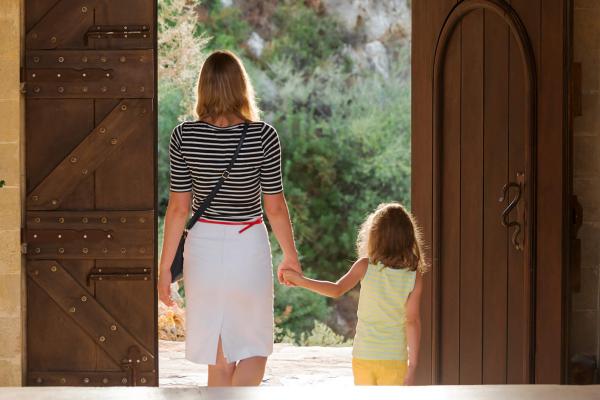Sep 12, 2017
"Maybe what surprises me most is how widely the hashtag resonates. I couldn't have anticipated it going this viral. And it's been interesting to see ex-Mormons and ex-Catholics chiming in as well, and in a few cases former ultra Orthodox Jews. As far as I'm concerned, #EmptyThePews is for anyone who finds value in it."
Read the Full Article

Already a subscriber? Login
